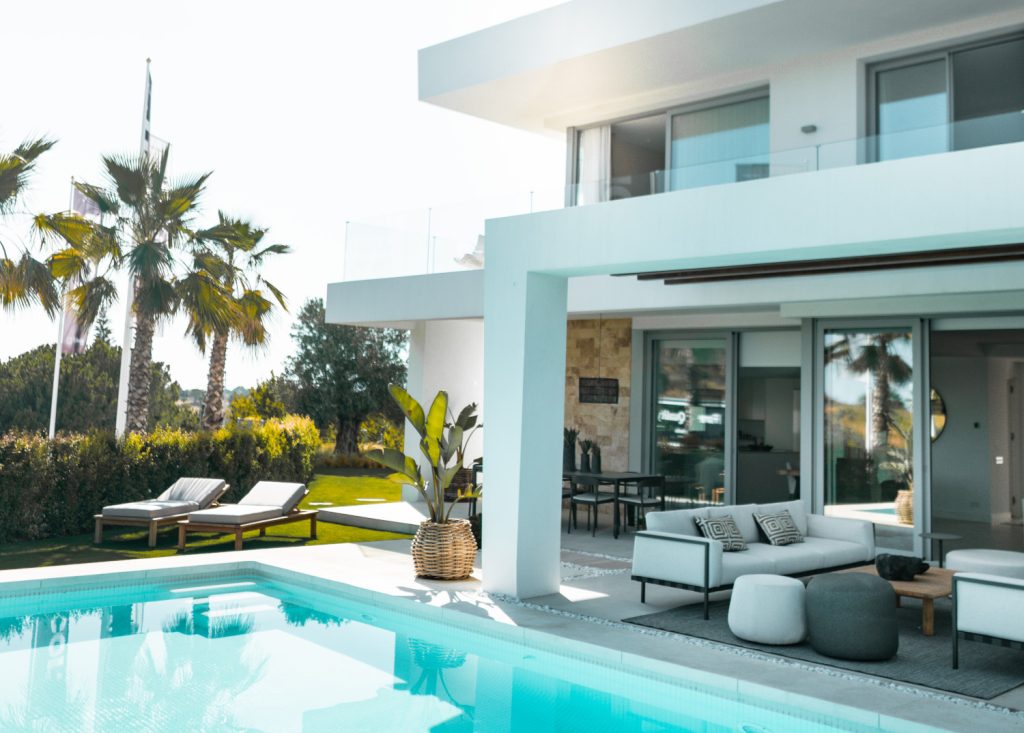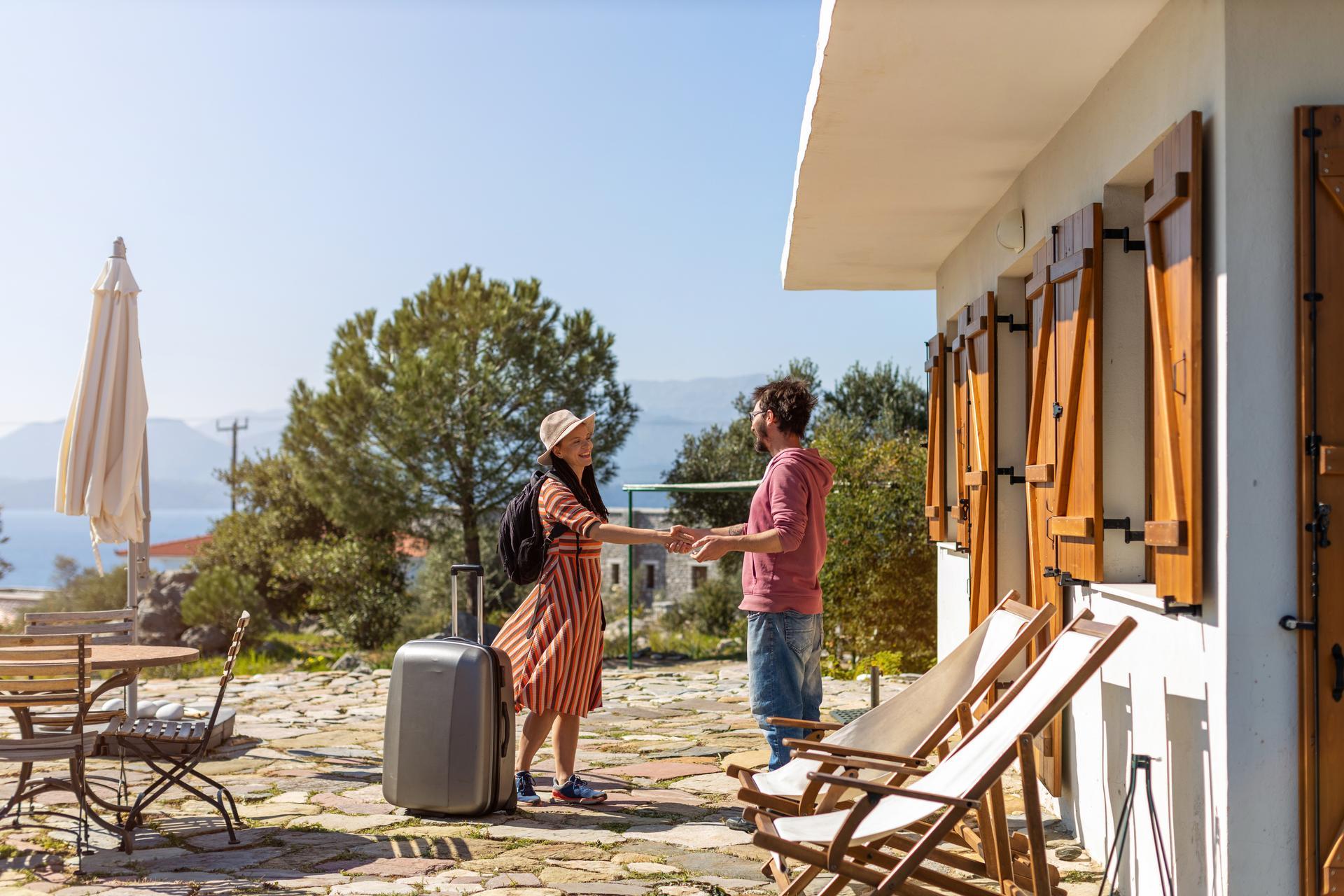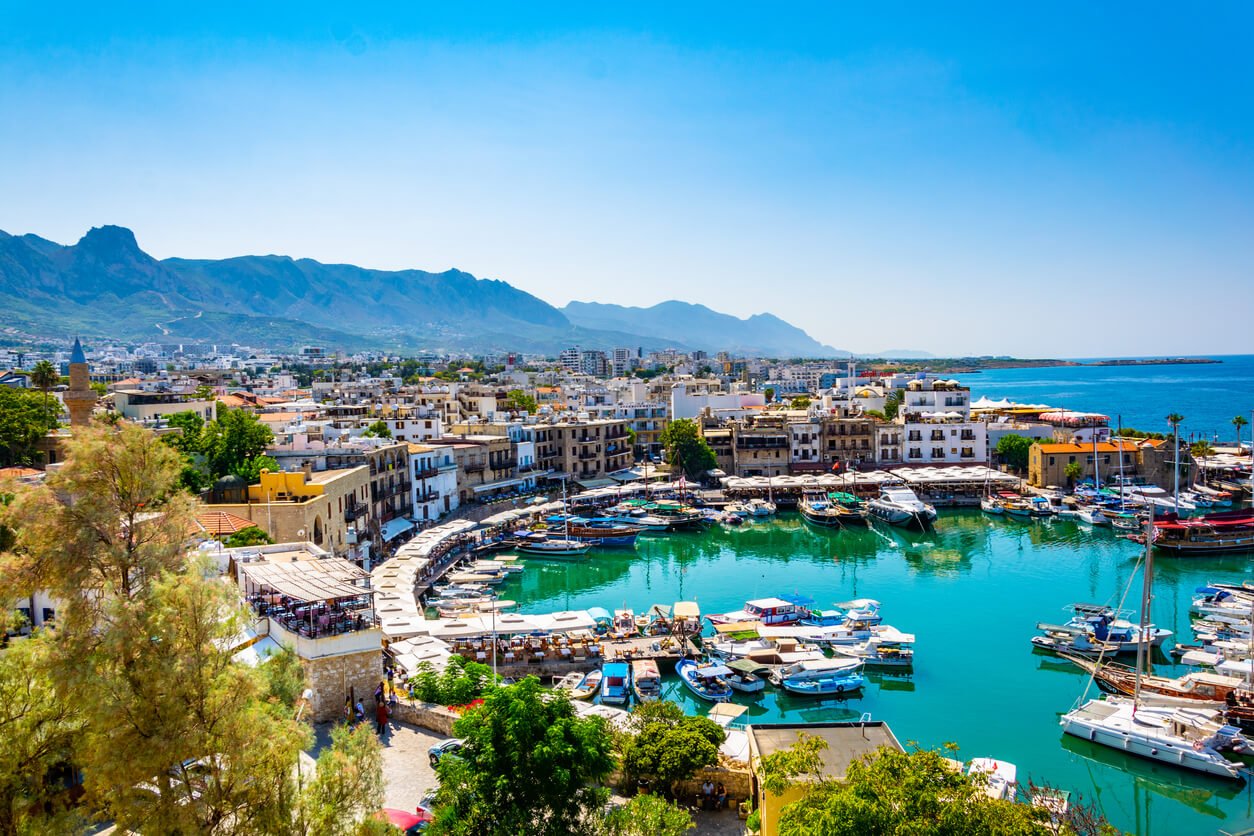
Whether it’s your first time or not purchasing a property, doing so as a foreigner in a non-local market can be confusing. The smooth progression primarily depends on your understanding of key acquisition steps and, most importantly, mastering the nuances specific to your expatriate situation.
Step 1: Choose where to settle in Spain
Now is the time to be efficient and get straight to the point. If you’ve spent a few months exploring Spain, you must have decided on the most suitable place for you to settle.
You should choose it based on your needs, your family’s needs, and your budget.
Climate, terrain, transport, access to healthcare, and schools can be crucial criteria for you. Settle in a city and get to know every corner of it. Knowing the valuation of each neighbourhood will help you during the negotiation process.

Step 2: Verify your solvency and validate your banking situation
Many buyers make the mistake of going on property visits without truly knowing who will finance them and how much they will be lent. Since this step takes time and depends on the economic context in each country and your financial situation, it is recommended to ensure proper financing for the acquisition before proceeding with any other administrative steps.
We encourage you to consult with a professional (broker, banker) to individually assess your financial situation.
Paying in cash thanks to the sale of your primary residence
The simplest situation is if you already own a property in your home country, and all you need is the proceeds from the sale of your primary residence to acquire a property in Spain.
Generally, unless the buyer of your primary residence pays in cash, a minimum period of 2 months is required to process their loan application.
You should start exploring the Spanish property market as soon as you have accepted a firm offer and signed a sales agreement. It would be even more secure if you asked your buyer to provide loan offers from different banks. Then, You have approximately 2 months to find a house or apartment in Spain.

Acquiring a property with a bank loan
It is unlikely that the bank in your home country will finance your property purchase in Spain. Abroad, your property does not allow for any mortgage and does not offer reliable collateral in case of non-repayment of the loan.
Therefore, you will need to find a Spanish bank that will finance your project, and you will have to open your bank account with this bank as soon as you obtain your NIE (Foreigner Identification Number).
The loan conditions are the same as throughout Europe: you need to have income, provide a down payment of approximately 20% of the property price, and budget around 15% of the total amount for acquisition costs. The bank will not lend beyond 60% of the amount required to non-residents.
Step 3: Obtaining the NIE (Foreigner Identification Number)
This step is crucial in the property purchase process. Throughout your life, you will have only one NIE, and it should be requested immediately after you engage in transactions in Spain. You will be asked for it everywhere, except at the supermarket.
To obtain your NIE, you should contact the consulate of your place of residence or do it directly in Spain by filling out the EX-15 form.
On average, this process takes about 15 days from the moment you have assembled your file with all the required documents.
The longest part could be getting an appointment to submit your application.
That’s why we recommend starting this administrative procedure when selling your main property or when preparing your financing.
Step 4: Searching for a property in Spain
If you have found a house or an apartment that suits you, you will have at least gone on one or two visits to ensure that the property is not lacking in brightness or too noisy.

La tasación: property valuation
Now that your choice is made, you know that you will need to rely on reliable data to negotiate the price with the seller effectively.
For this, of course, you can trust your iad Overseas consultant*, but nothing is stopping you from checking for yourself on valuation websites like Trovimap or the BBVA website. This Spanish bank offers online valuation services in Spanish or English.
The more detailed knowledge you have about the property market valuation in Spain, the better you can act in your best interest.
El contrato de reserva: The written offer
Some real estate professionals can prepare this document, which includes the sale amount, the payment method, and states that the property is reserved and withdrawn from sale. It can no longer be presented on marketing platforms.
Consult with an iad Overseas consultant* to learn more.
El contrato de arras: The sales agreement
In Spain, there are three types of earnest money contracts. The most common in property is the penal earnest money contract, which allows the parties to withdraw their intention to buy or sell. Once the sales agreement is ready, the buyer pays a deposit (reserva) to the seller.
If the buyer withdraws: they lose the amount of the reservation deposit.
If the seller withdraws: they owe a penalty of twice the deposit to the buyer.
The contrato de arras includes all clauses or agreements made by the parties that may affect the property or the transaction, such as the need to obtain financing for the purchase.

Step 5: The role of the bank in the Spanish property purchase process
In Spain, the bank requests a property appraisal to determine the objective value of the property and assess the validity of your request.
Funds rarely pass through the notary. It is common for the buyer to provide a check to the seller’s bank to settle the mortgage, and then directly transfer the remaining amount.
Sometimes, the bank may require a cashier’s check instead of a bank transfer, which incurs a slightly higher cost.
Step 6: Administrative file, real estate agent, lawyer, and notary
The loan is approved, and you are now a property owner in Spain! Before toasting with a glass of sangria, it’s time to formalize and carry out the final customary checks.
Completion of the administrative file
At this stage, it can be very useful to engage a property lawyer or a construction law attorney, although it’s not mandatory.
Here’s what you need to know for existing properties or newly built houses for resale:
Hidden defects, whether known or unknown by the seller and preventing the full enjoyment of the property, may be subject to a damages and compensation procedure. If the buyer did not notice any apparent defects at the time of purchase, they can no longer hold the seller responsible.
For a property sold as a new construction:
The developer must provide a ten-year guarantee.
There are deadlines for reporting construction defects, ranging from 1 year to 10 years depending on the damage.
Here is the set of documents you need to obtain:
- The ITE: Technical Inspection of Buildings, in other words, a property diagnosis confirming the good condition of the structure. You can also request a certificate of habitability (Cedula de habitabilidad). It is mandatory for properties over 50 years old, and a « certificado de aptitud » is issued in that case.
- The energy expenditure diagnosis has been mandatory since 2013 (« certificado energético »).
- A financial statement: when purchasing an apartment in a condominium, this document is used to prove that there are no debts over the last 4 years. It must be requested from the syndicate and provided for the signing of the public deed of sale.
- The « Nota simple informativa » (information note): the land registry issues this document detailing the property description, associated charges, easements, and successive owners.
- Receipts for payments of the IBI (« Impuestos sobre bienes inmuebles »).
- Previous notarial deeds, also known as public documents. They allow verification of whether modifications made by previous owners have been properly declared to the municipal services.
- The signing of the authentic deed takes place at the notary, who must authenticate the submitted documents and ensure the completion of legal formalities for the property sale.
The notary is not obliged to receive the funds and therefore does not have an escrow account.

Step 7: Property registration and payment of associated fees
The notary’s role ends with the signing of the transfer deed. It is then the buyer’s responsibility to register the property transfer and pay the associated fees.
These details will appear in the property register (Colegio de registradores, registro de la propiedad).
Once the transfer is recorded, the new owner will be officially recognized as the rightful owner with service providers (utilities, telecommunications, etc.).
The taxes and fees to be paid include:
- ITP: Impuesto de Transmisiones Patrimoniales, varying depending on the region (transfer tax).
- IVA: Impuesto sobre el Valor Añadido (Value Added Tax), applicable in specific cases.
- The registration costs in the property register.
Key points to remember for a successful property purchase in Spain
In general, it is essential to have a NIE (Número de Identificación de Extranjero) and a bank account in Spain to become a property owner. It is the buyer’s responsibility to verify, point by point, the accuracy of the information declared by the seller, up to their identity.
Spain has 17 autonomous communities, and what applies in Malaga may not necessarily apply in Valencia.
That’s why it is crucial to seek guidance for your project, especially if it is your first property purchase in Spain. An iad Overseas consultant* seems well-suited to successfully conclude this mission.






